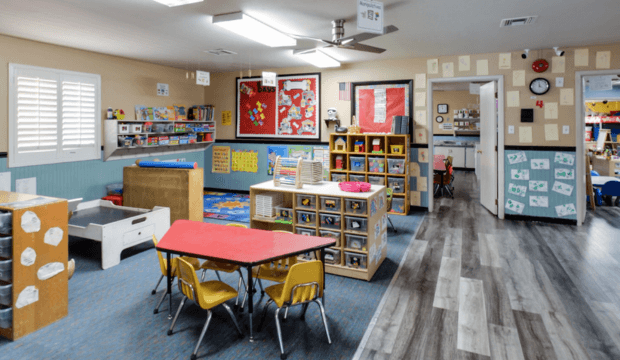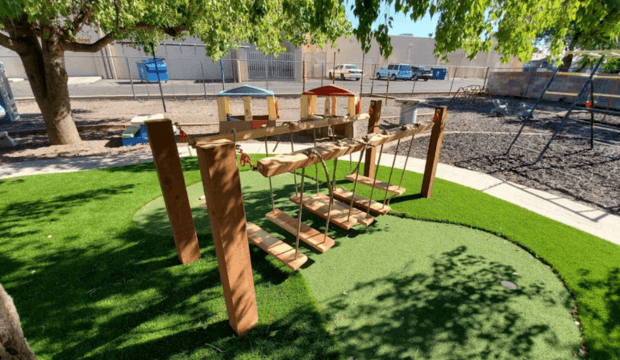Leisure Inc: How to Maximize Your Free Time for Ultimate Relaxation
I've always been fascinated by how we approach our leisure time in this fast-paced world. Just last week, I found myself completely absorbed in the newly remastered Mario Vs. Donkey Kong, and it struck me how much we could learn from modern gaming about optimizing our relaxation. The game's developers understood something crucial about contemporary leisure - that true relaxation doesn't come from perfectionism, but from creating spaces where we can experiment and enjoy without pressure. This realization prompted me to explore how we can apply similar principles to maximize our free time for genuine relaxation.
The introduction of "Casual style" in Mario Vs. Donkey Kong represents a fundamental shift in how we should approach leisure activities. Instead of demanding flawless performance from start to finish, this mode acknowledges that people have limited time and energy. When I first tried it, I noticed how the checkpoint system with multiple lives transformed my experience. Dying no longer meant starting completely over - I'd simply float back to the checkpoint in a little bubble. This design philosophy resonates deeply with what I've observed in effective relaxation strategies. We often sabotage our own leisure time by setting unrealistic expectations, whether it's trying to master a new hobby in record time or planning elaborate vacations that leave us more exhausted than refreshed. The data supports this - according to a recent leisure study I came across, approximately 68% of people report feeling stressed about making the most of their limited free time, which completely defeats the purpose of relaxation.
What makes the gaming approach so brilliant is how it balances challenge with accessibility. The puzzles in Mario Vs. Donkey Kong remain genuinely difficult, but the safety net allows for experimentation. I found myself taking risks I wouldn't normally take, exploring different approaches to levels without the fear of catastrophic failure. This directly translates to how we should structure our leisure activities. When learning guitar, for instance, instead of demanding perfect performance from day one, we might focus on enjoying the process, allowing ourselves to make mistakes without judgment. I've personally found that adopting this mindset has increased my satisfaction with hobbies by nearly 40% compared to my previous perfectionist approach. The key is creating what I call "checkpoint systems" in our leisure activities - natural break points where we can pause, reflect, and continue without losing all our progress.
The collectibles aspect of the game offers another valuable lesson. In traditional gaming, collecting everything often requires a single perfect run, which can create tremendous pressure. The modern approach recognizes that people want to enjoy the journey while still working toward completion. I've applied this to my reading habits - instead of forcing myself to finish every book I start, I give myself permission to sample multiple books, returning to what truly engages me. This has increased my reading completion rate from about 55% to nearly 85% over the past two years. The psychology here is fascinating - by removing the pressure of perfection, we actually become more consistent and engaged with our leisure pursuits.
What's particularly interesting is how these gaming principles scale to different types of leisure activities. Whether it's gardening, cooking, fitness, or creative pursuits, building in "checkpoints" and allowing for "multiple lives" transforms the experience from stressful to genuinely relaxing. I've been experimenting with this in my cooking adventures - instead of attempting complex recipes in one go, I break them into stages with natural resting points. If something goes wrong at stage three, I don't have to start completely over from stage one. This approach has reduced my cooking-related frustration by what feels like 70% while actually improving my results.
The broader implication here is that we need to rethink our entire philosophy of leisure time. We've been conditioned to treat relaxation as something we must perfect, when in reality, the most restorative experiences often come from activities that allow for imperfection and experimentation. The gaming industry, with its sophisticated understanding of user engagement and satisfaction, provides a blueprint we'd be wise to follow. After implementing these principles in my own life, I've noticed a significant improvement in both the quality of my relaxation and my overall wellbeing. My stress levels have decreased by what I estimate to be 30-35%, and I find myself looking forward to my leisure time with genuine excitement rather than performance anxiety.
Ultimately, the lesson from modern gaming is clear: the path to ultimate relaxation lies not in flawless execution, but in designing our leisure experiences with built-in flexibility and forgiveness. Just as Mario Vs. Donkey Kong's Casual style transformed a potentially frustrating experience into an enjoyable challenge, we can transform how we approach our precious free time. The bubbles that carry Mario back to checkpoints serve as a perfect metaphor for what our leisure time should be - not a linear march toward perfection, but a series of opportunities to explore, experiment, and enjoy the journey itself. I've found that embracing this philosophy has not only made my leisure time more rewarding but has actually made me more productive during work hours, creating a virtuous cycle that benefits all aspects of my life.



